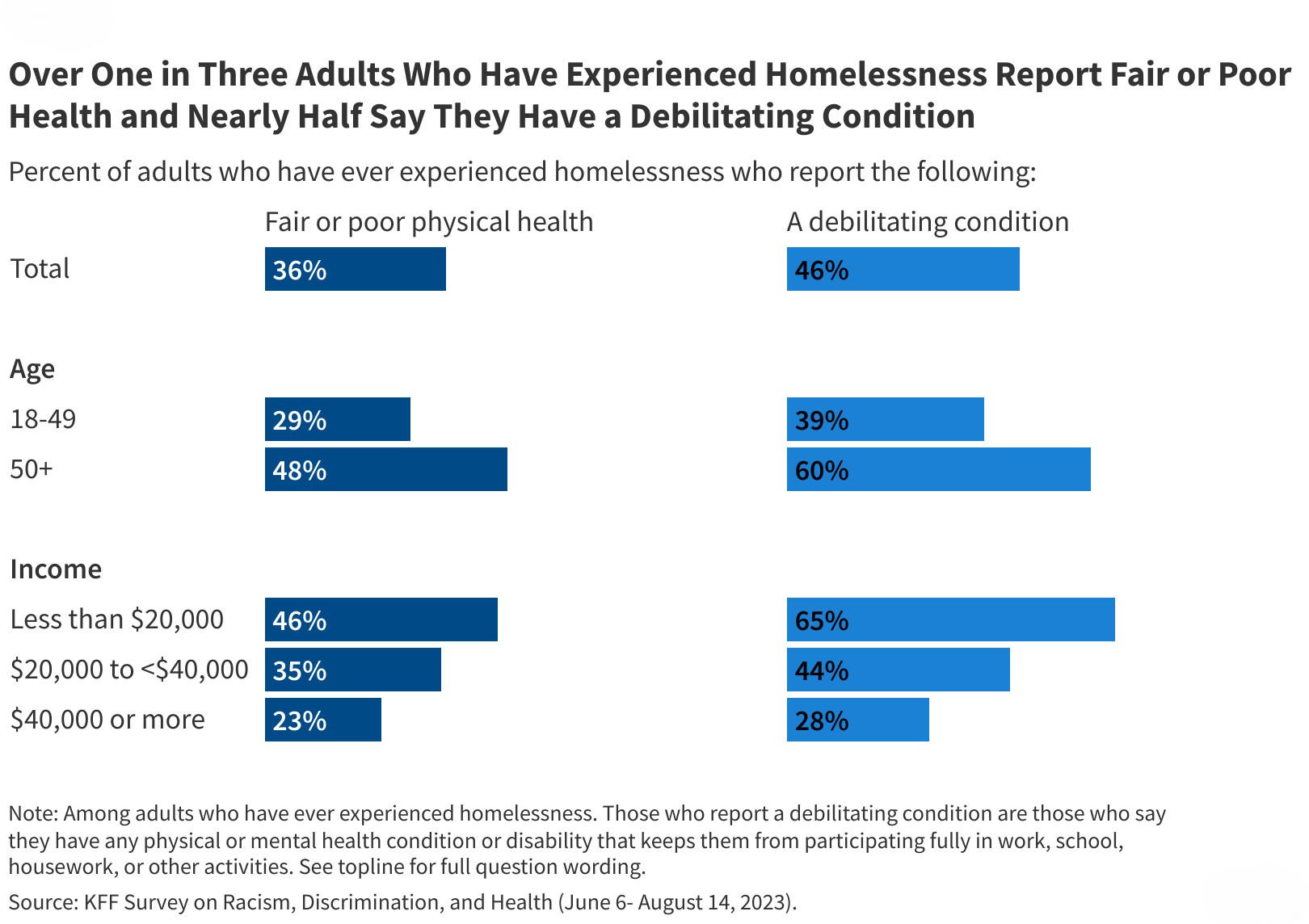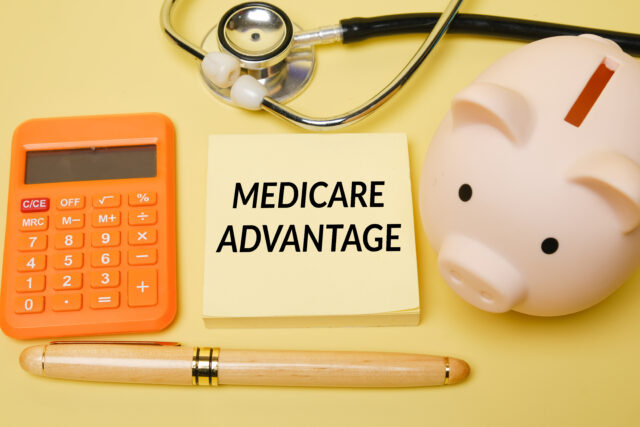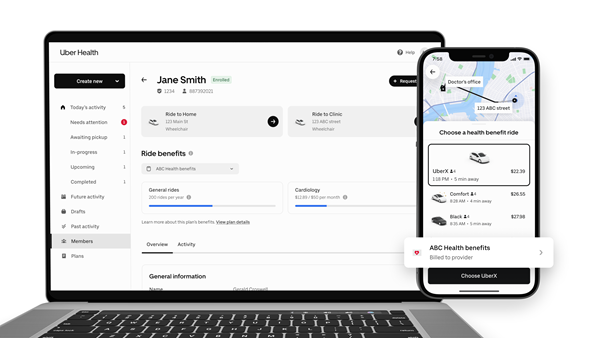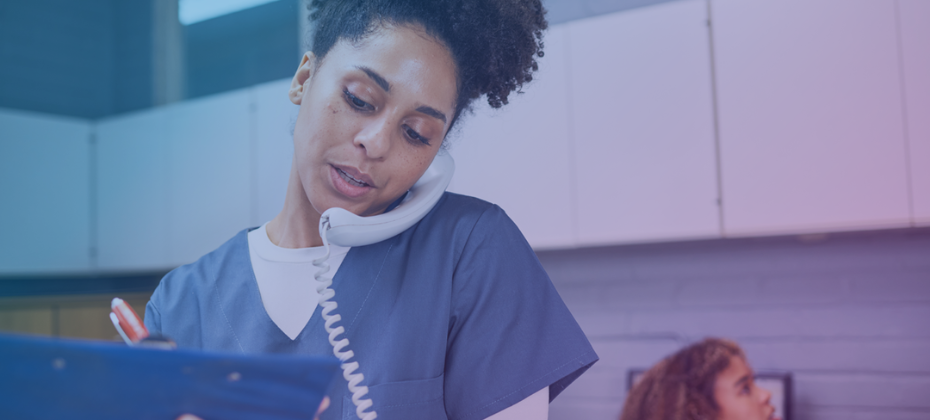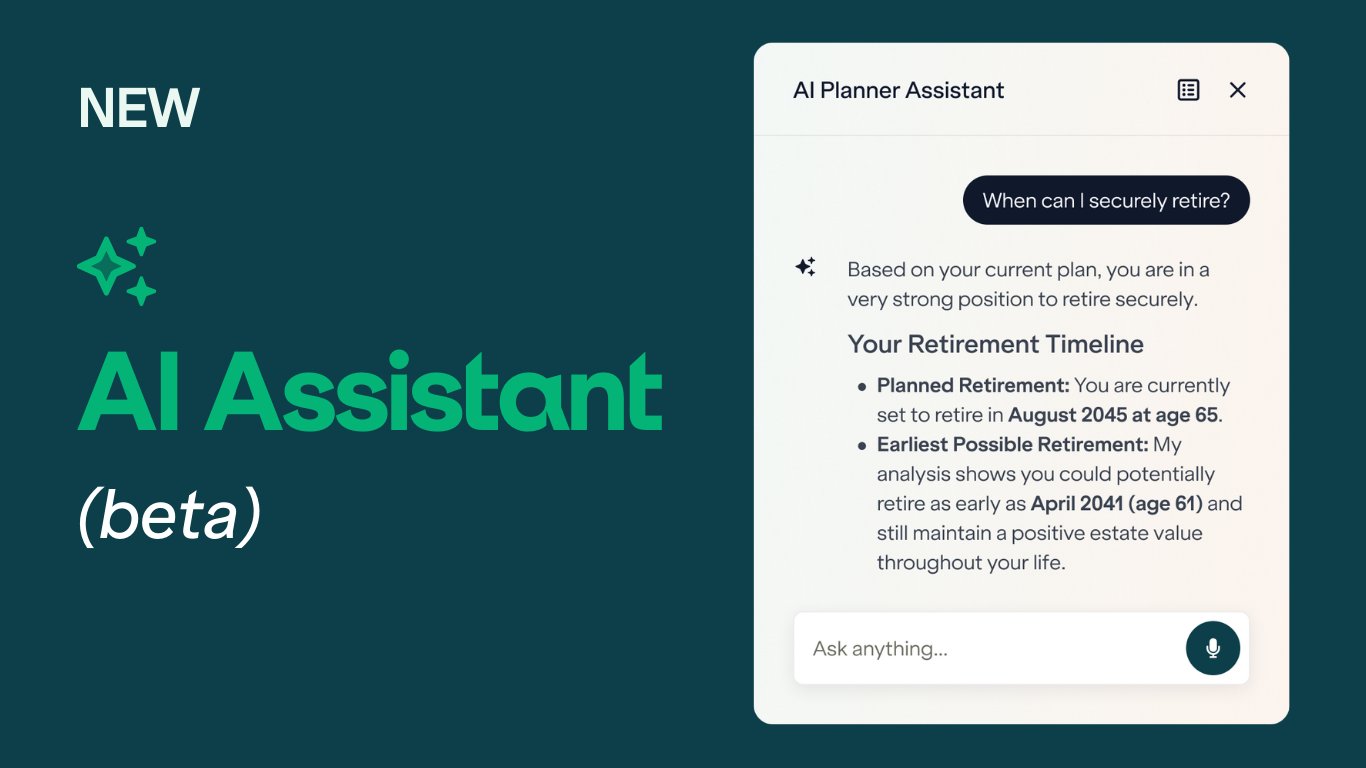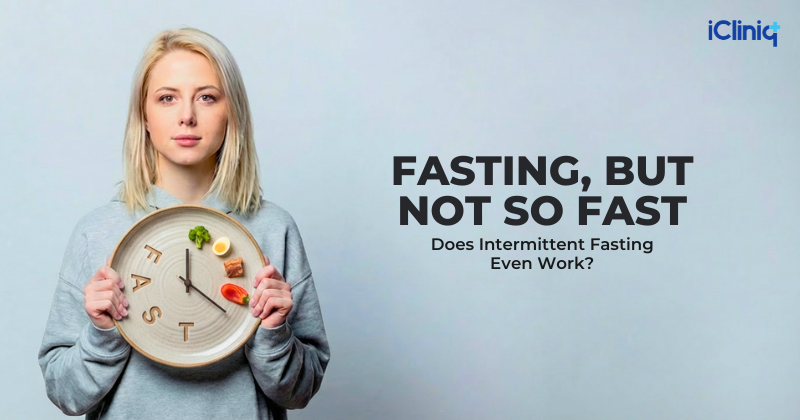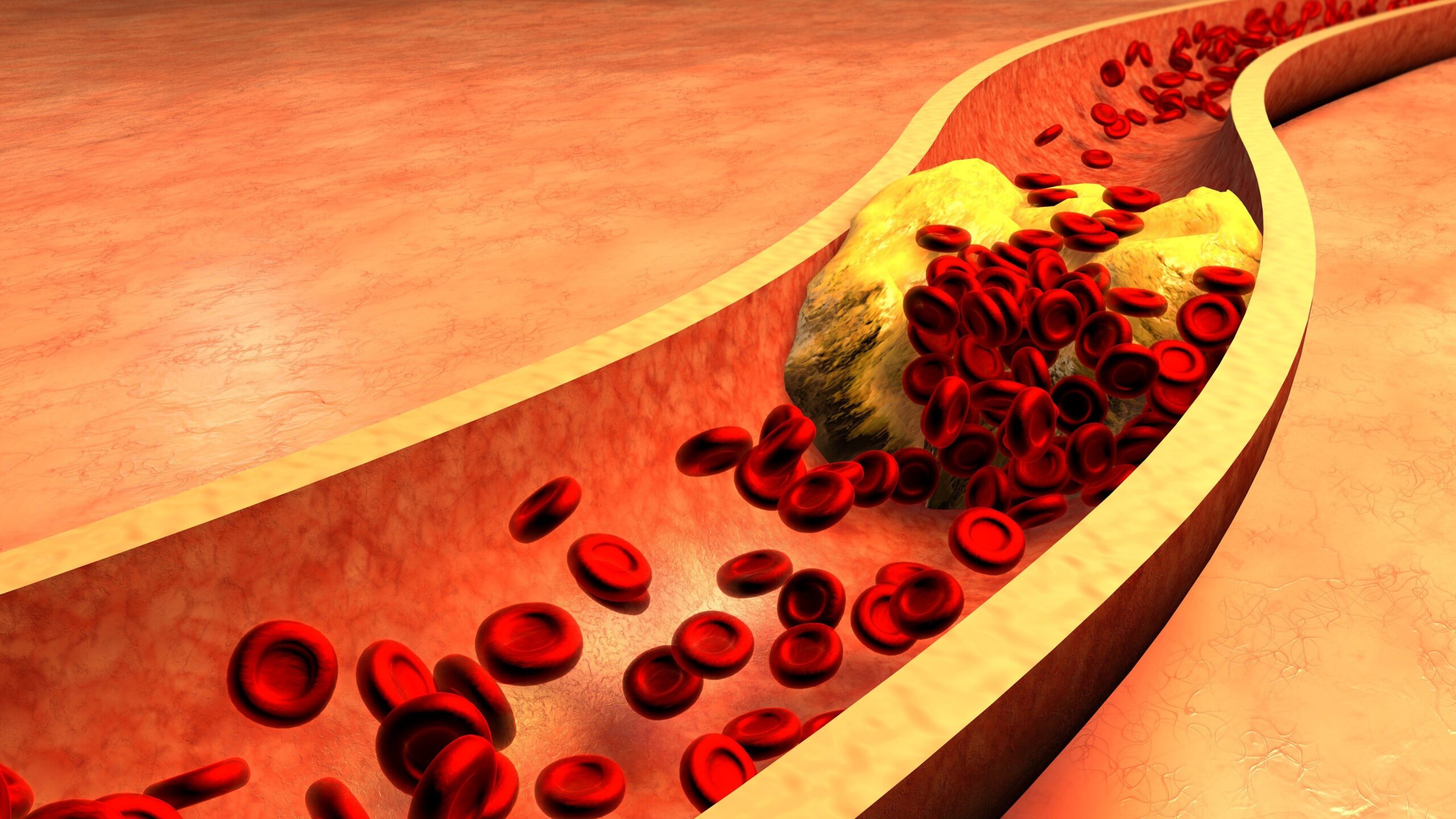Homelessness in the U.S. is a serious problem that touches the lives of millions of individuals and families across urban, suburban, and rural areas. According to the U.S. Department of Housing and Urban Development, more than 650,000 people were experiencing homelessness on a single night in January 2023, a 12% increase from 2022. The links between homelessness and health are complex. Health problems can be a causal factor in homelessness, and being unhoused may worsen health problems or cause new ones, as well as making it difficult for individuals to access health care services and heal or recover from illness.
This report, based on analysis of KFF’s 2023 Racism, Discrimination, and Health Survey, examines the socioeconomic circumstances and health needs of adults who report experiencing homelessness at some point in their lives. This survey, designed for a different purpose than surveys that attempt to capture the experiences of individuals who are currently unhoused, is most likely to be sampling those who have experienced shorter term and episodic homelessness rather than those who have experienced chronic homelessness. Still, while not a measure of the population that is currently experiencing homelessness (and while causality cannot be shown between experiences of homelessness and the measures reported here), these data provide insights that might help direct efforts to address the needs of this population.
Overall, people with prior experiences of homelessness have disproportionate physical and mental health needs and face greater socioeconomic challenges compared to those who have never experienced homelessness. Among those with prior homelessness experience, women and those with lower incomes report even greater challenges on several measures. People who have experienced homelessness are disproportionately lower income, and the experiences they report could be a result of financial distress, lack of housing, or a combination of both. Despite these challenges, however, most adults who have been homeless at some point in their lives say their health care providers rarely or never ask them about their work, housing, or access to food or transportation, highlighting an opportunity to help improve health by identifying social and economic needs and facilitating access to services during health care visits.
Who Reports Experiences with Homelessness?
One in eight adults say they have personally experienced homelessness at some point in their lives, rising to one in five among Black adults and American Indian or Alaska Native (AIAN) adults. One in ten Hispanic (10%) and White (11%) adults report past experiences of homelessness, as do one in twenty Asian adults (5%). Some adults also report having close family members who have experienced homelessness. In total, one in five adults overall (19%) say they or a close family member have experienced homelessness, rising to one-third (34%) of AIAN adults and three in ten Black adults (30%).
Adults ages 18-64 are about twice as likely as those ages 65 and over to say they have personally experienced homelessness (13% vs. 6%) as are LGBT adults compared to non-LGBT adults (22% vs. 11%). For more on the experiences of LGBT adults, see this report.
Income and Economic Circumstances
Adults who have experienced homelessness are disproportionately low-income and face substantial financial challenges. About a third (35%) of adults who have past experiences of homelessness have family incomes below $20,000, roughly equivalent to the U.S. federal poverty level for a family of two. Just one in ten (11%) people with past experiences of homelessness have household incomes of $75,000 or more, compared to four in ten (39%) of those without such experiences.
Reflecting their lower incomes, one-third (34%) of adults who have experienced homelessness say they have difficulty affording their bills each month, and four in ten (41%) say they are just able to afford their monthly bills. Just one quarter (24%) say they are able to pay all their bills and have some money left over, compared to about six in ten (58%) of those with no prior experience of homelessness.
Two-thirds (65%) of adults with prior experiences of homelessness say they have had problems paying for necessities in the past 12 months, and nearly four in ten (37%) say someone in their household has had problems getting or keeping a job. While these challenges reflect the lower incomes of people who have experienced homelessness, disparities exist even when controlling for income. For example, among those with incomes below $20,000 a year, people who have experienced homelessness are significantly more likely than those without such experiences to report problems affording necessities (75% vs. 45%) and getting or keeping a job (45% vs. 27%).
Across income levels, home ownership rates are lower among those with prior experiences of homelessness compared to those without. Four in ten adults who have experienced homelessness say they own their current home compared with seven in ten (71%) of those without such experience. Home ownership increases with income, but the share who report being homeowners is about 20 to 30 percentage points higher among those who have never experienced homelessness across income levels. In addition, three in ten (31%) adults who have experienced homelessness also say they have been evicted or denied housing at some point, rising to almost four in ten (37%) among those with incomes under $20,000.
Health, Well-Being, and Social Supports
In addition to financial challenges, individuals who have experienced homelessness report substantial needs related to their physical and mental health.
Over one-third (36%) of adults who have experienced homelessness report being in fair or poor physical health, and nearly half (46%) say they have a health condition or disability that keeps them from participating fully in work or other activities. These shares are even higher among adults with prior experience of homelessness who are ages 50 and older (48% and 60%, respectively) or have a household income under $20,000 (46% and 65%, respectively). By comparison, 17% of adults who have not experienced homelessness describe their physical health as fair or poor and the same share (17%) report having a debilitating condition.
Adults who have experienced homelessness are at least twice as likely as their counterparts to report their mental health and well-being as fair or poor (36% vs. 15%) and to say they always or often feel anxious (46% vs. 22%) or depressed (34% vs. 12%). These shares are even higher among women, with about half of women with past experiences of homelessness reporting fair or poor mental health (48%) and frequent feelings of depression (46%) and almost six in ten reporting frequent feelings of anxiety (57%). The share reporting fair or poor mental health is also higher among people with prior homelessness experience and low incomes (47% of those with incomes under $20,000), but there are no significant differences by income in the share reporting feelings of anxiety and depression.
One-third of adults who have experienced homelessness say they are always or often lonely, and two-thirds say they have just a few or no friends and family members living nearby who they can ask for help or support. By comparison, 13% of adults with no prior experience of homelessness say they always or often feel lonely, and fewer than half (45%) say they have just a few or no friends and family nearby for support. Adults who report mental health challenges may be most in need of nearby social supports. However, it’s notable that among those in worse mental health who also report past experiences with homelessness, half (51%) say they are frequently lonely, and the share lacking a robust support network rises to more than eight in ten (84%).
Health care coverage, access, and experiences
Medicaid is a key source of coverage for people who have experienced homelessness, although about one in six reports being uninsured, and a quarter (26%) indicate they have been uninsured at some point in the past year. Reflecting their lower incomes, one-third (33%) of adults with prior experiences of homelessness report being covered by Medicaid, more than twice the share among those who have never experienced homelessness (13%). Also consistent with their lower incomes, one-quarter (26%) of adults who have experienced homelessness say there was a time in the past year when they were uninsured, including 17% who say they currently lack health insurance.
Despite reporting substantial health needs, three in ten adults who have experienced homelessness say they rely on an emergency room or have no regular place to go when they are sick or need advice about their health. The share who lacks a usual source of care is similar among those who report being in fair or poor physical health (30%) and fair or poor mental health (36%), groups that may be most in need of regular access to health services. The share also rises to four in ten among Black adults (41%) and low-income adults (39% of those with incomes under $20,000) who have experienced homelessness.
More than half of adults who have experienced homelessness report skipping or postponing health care in the past year, including three in ten who say their health got worse as a result. Specifically, about four in ten (38%) say they skipped or postponed care they needed because of the cost, about a quarter (23%) tried to get care but couldn’t find a doctor with available appointments, and three in ten (31%) say they skipped or postponed care for some other reason. Reflecting their greater health needs and lower rates of insurance coverage, these shares are significantly higher among those who have experienced homelessness compared to those who have not. Among those who have experienced homelessness, the share who report skipping or postponing care for any reason is similar among those who report being in fair or poor physical health (55%) and is significantly higher among women than men (65% vs. 45%).
In addition to unmet needs for health care, about four in ten (38%) of those who have experienced homelessness say they or someone in their household had problems paying for health care in the past year, nearly twice the share among those with no prior experience of homelessness (22%).
Four in ten adults with prior experience of homelessness report going without needed mental health services in the past three years, including larger shares of younger adults, women, and those with worse mental health. Reflecting their greater mental health needs, adults who have experienced homelessness are about twice as likely as those who haven’t to say there was a time in the past three years when they thought they might need mental health services or medication but did not get them (40% vs. 19%). Among those with prior experience of homelessness, the share who report unmet needs for mental health care rises to more than half (56%) of those who describe their mental health as fair or poor and nearly half of those under age 50 (47%) and women (46%).
While there may be many barriers to receiving mental health services among this population, it’s notable that about half of adults with prior homelessness experience who either sought or received mental health services say it was difficult to find a mental health provider who could understand their background and experience (50%) or one who could see them in a timely manner (46%), and four in ten say it was difficult to find a provider they could afford (39%).
Despite substantial health needs and socioeconomic challenges, most adults who have experienced homelessness say their health care providers rarely or never ask them about their work, housing, or access to food or transportation during visits. Among adults with prior homelessness experience who had at least one health care visit in the past three years, just about a quarter (26%) say their providers asked them about these social and economic factors every time or most of the time, and more than half (54%) say their providers rarely or never asked about these things. Notably, even among low-income adults with prior experiences of homelessness, half say their providers rarely or never ask about these social and economic factors during visits.
Publisher: Source link

